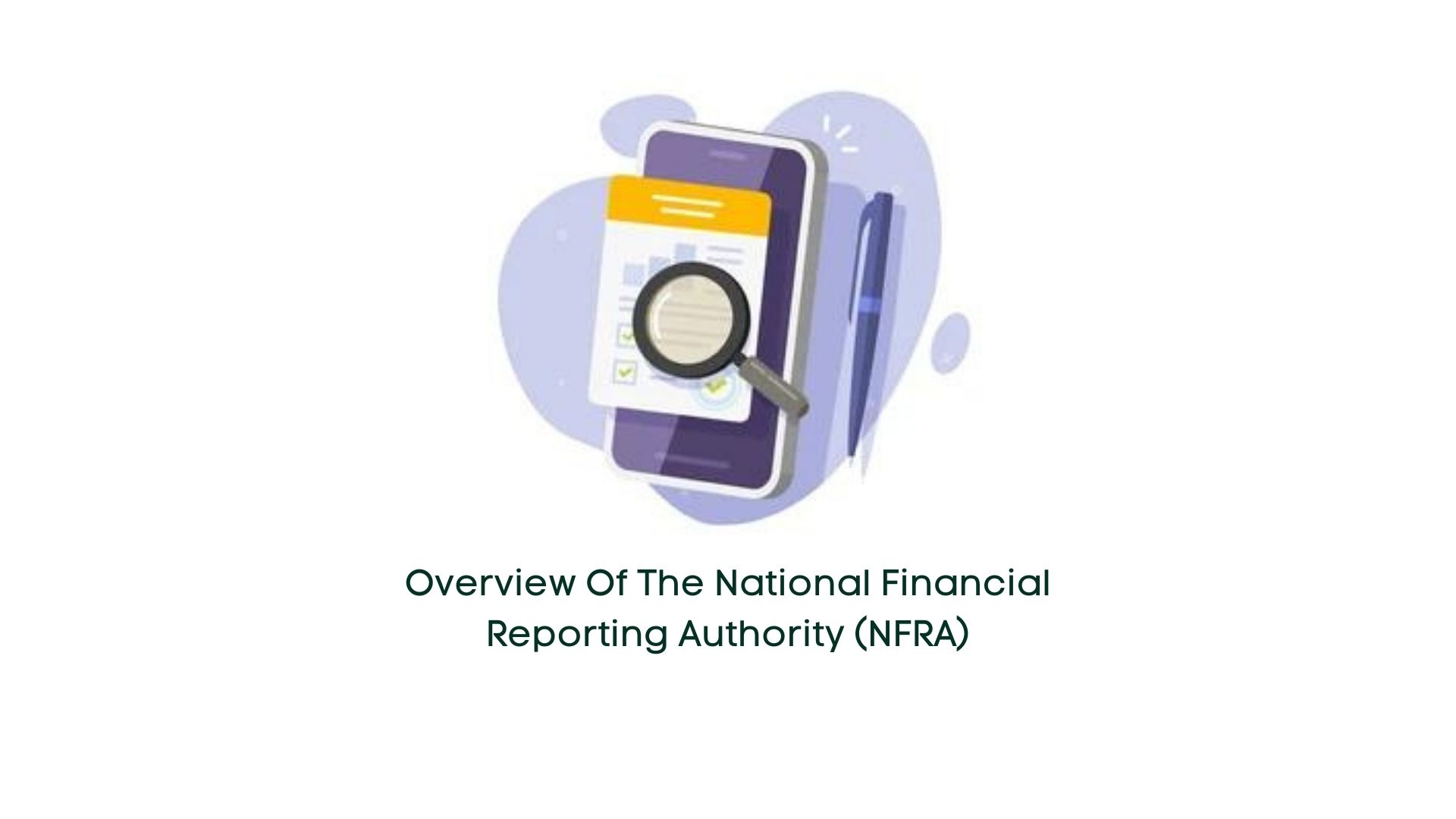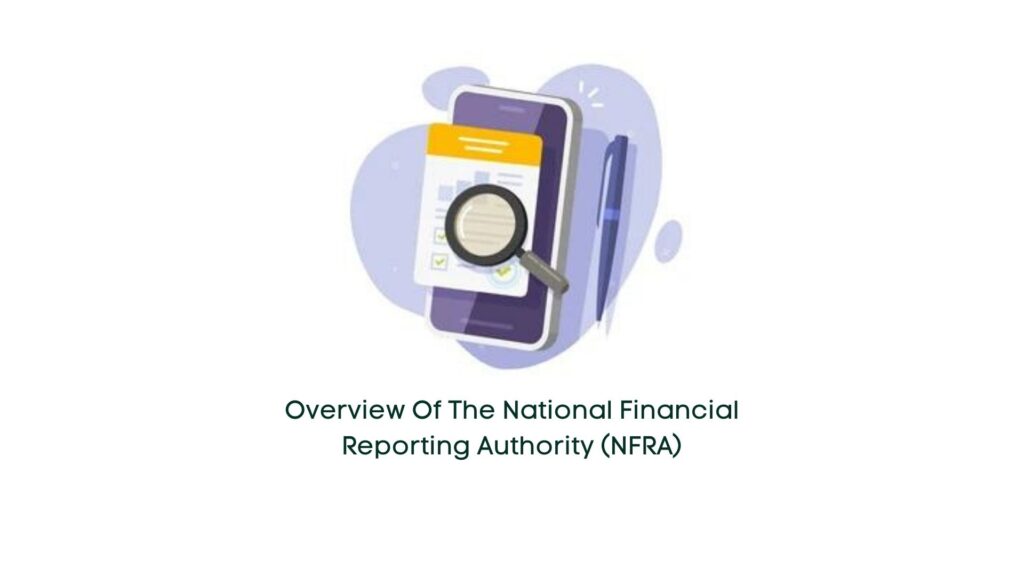
02 Mar Overview of the National Financial Reporting Authority (NFRA)

The National Financial Reporting Authority (NFRA) is an entity established pursuant to Section 132 of the Companies Act, 2013. Its establishment came into effect on October 1, 2018. The primary objectives set forth by the Central Government include the establishment of an autonomous regulatory body dedicated to shaping and enforcing accounting and auditing regulations, as well as bolstering trust and confidence among investors and the public regarding entities’ financial reporting practices. This initiative stemmed from the necessity highlighted by recent corporate scandals.
Recent Developments
The composition of the NFRA is outlined in accordance with the Companies Act, which mandates a chairperson appointed by the Central Government and up to 15 members. Selection criteria dictate that appointees must possess expertise in fields such as accountancy, auditing, finance, or law, and must declare their independence from conflicts of interest. Additionally, full-time members, including the chairperson, are barred from association with audit firms during their tenure and for two years thereafter. While specific terms and conditions remain pending, proposed NFRA regulations suggest a composition including a diverse array of experts and officials from relevant government bodies.
NFRA’s Responsibilities
The NFRA is entrusted with several key responsibilities, including making recommendations on accounting and auditing policies, enforcing compliance with accounting and auditing standards, monitoring professionals’ quality of service, and undertaking related functions. Previously, the formulation of accounting standards rested with the Institute of Chartered Accountants of India (ICAI), subject to consultation with the National Advisory Committee on Accounting Standards. With the establishment of the NFRA, the latter’s role has been superseded, necessitating consultations between the ICAI and NFRA.
Authority and Powers
The NFRA wields significant powers, including the ability to investigate professional misconduct within designated classes of chartered accountant (CA) firms or individual CAs. Its powers mirror those of a civil court, encompassing the summoning of individuals, inspection of documents, and imposition of penalties upon misconduct findings. Appeals against NFRA decisions can be lodged with the Appellate Authority.
Scope of Operation
The NFRA’s purview extends to investigations and quality reviews within specified categories of companies and auditors. While precise regulations are pending, proposed criteria include companies listed in India, unlisted companies meeting certain financial thresholds, and companies listed abroad. Additionally, the NFRA can investigate auditors or audit firms associated with companies meeting specified criteria.
Conclusion
In conclusion, the NFRA’s establishment marks a significant shift in the regulatory landscape concerning financial reporting. While the ICAI retains regulatory authority over certain entities, the NFRA assumes responsibility for overseeing larger corporations and ensuring accountability within the auditing profession. Ongoing debates and legal challenges underscore the evolving nature of financial regulation in India.


No Comments